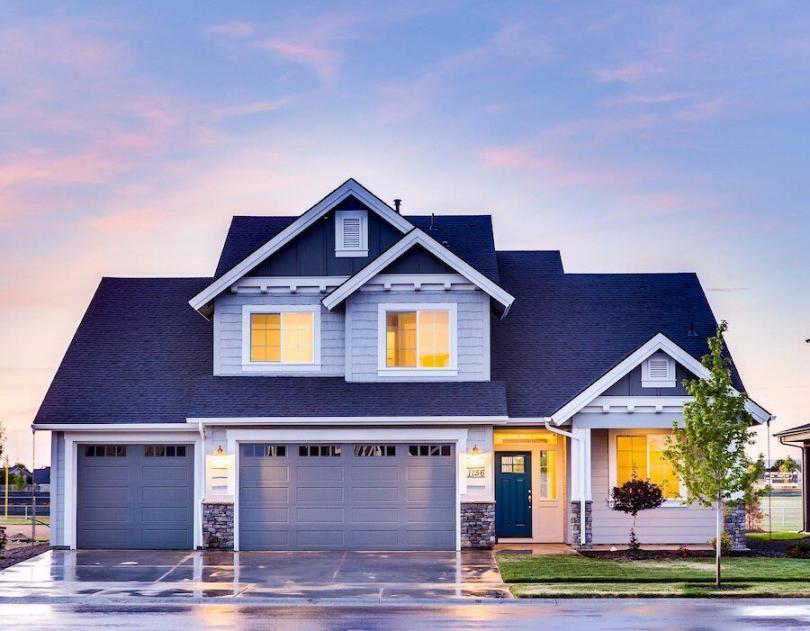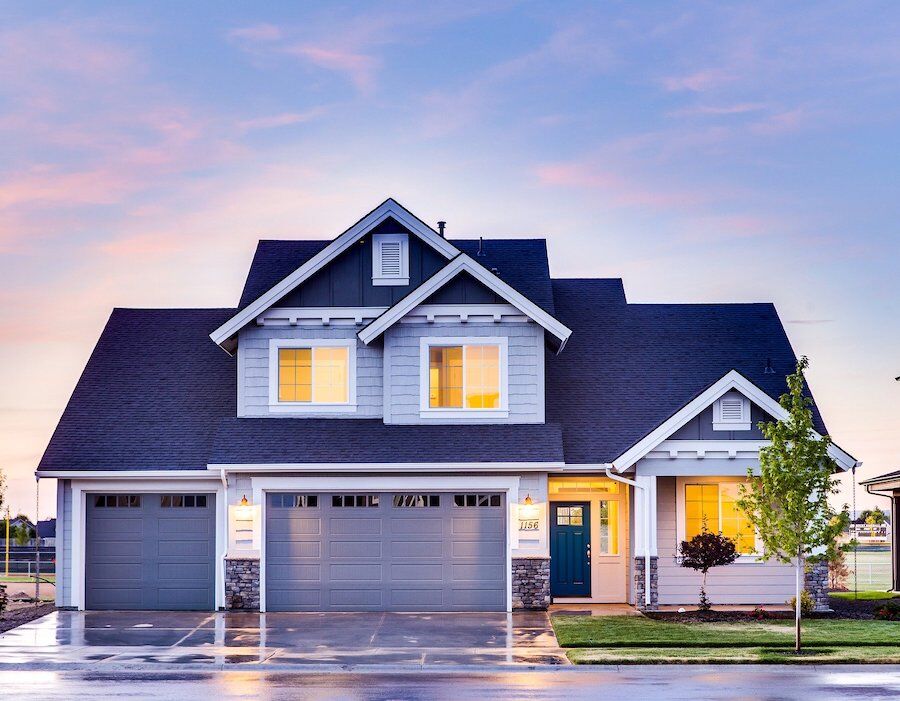House prices are at an all time high, with the median US existing house price (for all house types, including single-family, town homes, condominiums, and co-ops) valued at $284,600 in 2020, the Fool reports. Understandably, saving for your first home can feel daunting, thanks to the hefty deposit along with multiple other expenses. Fortunately, with careful planning and budgeting, you’ll be able to get —and keep — your house savings on track.
Set a budget
Before you start looking for homes, work out what you can comfortably afford. Be sure to calculate all your expenses, including the mortgage, home insurance, and property taxes (which typically increases your total mortgage by several hundred dollars). A home loan calculator can help you calculate your monthly mortgage payments. When you’ve determined the price range you can afford, you can then work out how much you need to make the down payment. Ideally, you want to aim for a 20% downpayment so you don’t have to pay private mortgage insurance, which is more expensive. However, if your credit score is strong and you live in an expensive area, you will probably be able to get a good mortgage rate with a smaller 10% down payment.
Shop around for mortgage rates
Don’t just accept the first loan offered to you — shopping around to find the best mortgage rate is key to minimizing your overall home ownership costs. Inform yourself of all the individual mortgage features, which can vary drastically. For example, interest rates can be fixed or adjustable; some have payment adjustments; and others may have balloon payments. Carefully consider all mortgage features, the APR, and settlement costs to make sure it suits your budget.
Get rid of your debts
As a general rule, you shouldn’t spend any more than 30% of your monthly gross income on housing. However, if you’re currently saddled with debt (such as credit cards, student loans, or a car loan), it’ll likely restrict how much you’re able to put toward your mortgage. Aim to pay off your existing debts first. Not only will you relieve extra financial stress, but you’ll also be in a better position to get a more favorable mortgage rate. Once you’ve successfully paid off your other debts, you’ll free up money to reach your savings goal faster.
Saving for your first home is no easy feat. However, with some careful planning and budgeting, you’ll be able to set a realistic goal and achieve it.




Leave a Reply